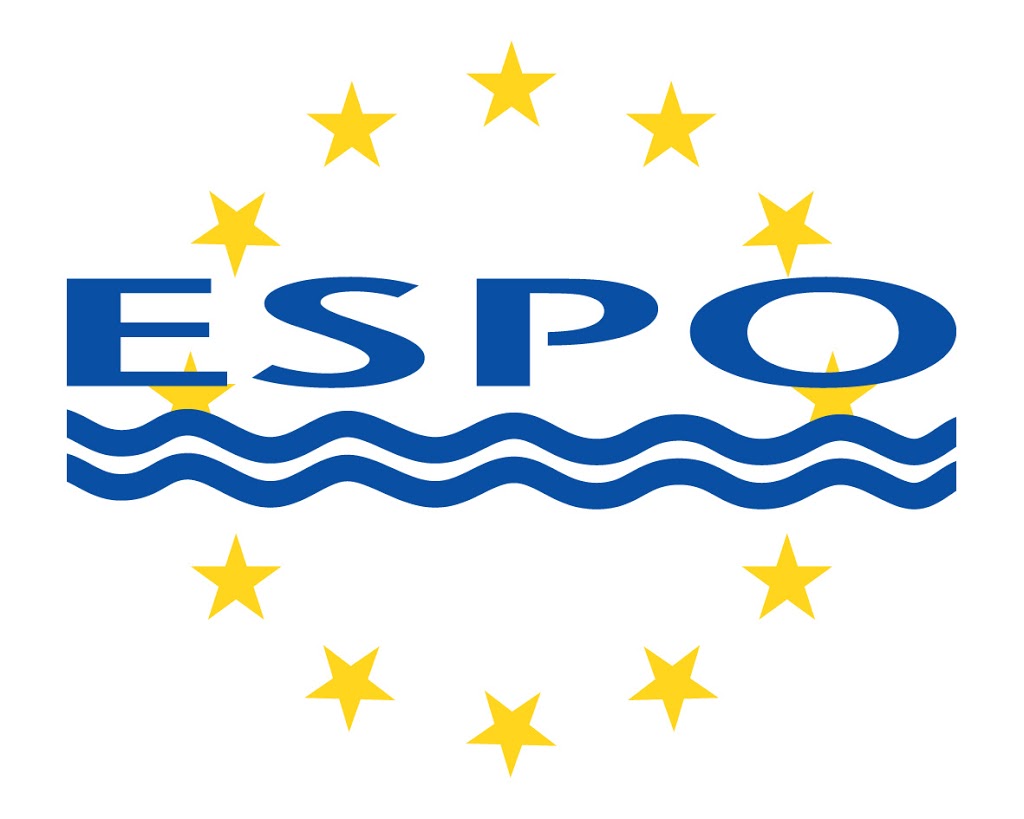ESPO Port Investments Study 2024: Europe’s ports have €80 billion investment needs for the next 10 years
Last week, in the framework of its annual Conference taking place in Paris, the European Sea Ports Organisation (ESPO) launched the results of the ESPO Port Investment Study 2024 (find here). The study offers a unique and comprehensive analysis of the investment pipeline and challenges of European ports. This study, prepared by Dr. Peter de Langen in cooperation with ESPO, delves into the changing role of European ports, their evolving investment needs, and the barriers they encounter in turning the investment projects into a reality. The study is quite unique in representation, as it is based on an analysis of the investment needs of 84 port managing bodies, reflecting the geographical spread and functional diversity of Europe’s ports.
This study reveals that the investment needs of European port managing bodies amount to €80 billion for the next 10 years, up to 2034. A second key finding is that the investments in the sustainability and energy transition are becoming the second most important investment category for port authorities. An overview of all the different investment categories can be found here.
Ports in Europe do more than before. From being multimodal hubs in the supply chain linking the sea with the hinterland, ports are developing into hubs and facilitators of sustainable energies, clusters of industry and circular economy, as well as important pillars of geo-political and geo-economic resilience. The new functions of ports are coming on top – not instead – of their traditional roles. The investment pipelines of Europe’s ports reflect this changing and multidimensional role.
The study shows that next to investments in developing basic port infrastructure and keeping it state-of-the-art, port managing bodies are more and more investing to take up strategic and social responsibilities and achieving Europe’s ambitions. This often implies projects with a high societal value, yet slow, low and risky returns on investment. Europe’s port managing bodies are fully committed, but need European support to turn all goals and ambitions into a success. These findings underline the need for dedicated port envelopes within the different EU funding instruments, in the first place through the Connecting Europe Facility, or a likewise funding instrument.
In light of the study’s findings, ESPO calls upon policymakers to recognise the strategic importance of European ports and to provide a robust support framework that addresses the investment challenges they face.
“This updated Port Investments Study clearly shows that the changing and wider role of ports today comes with new and wider responsibilities and investment needs. It often means investment with a less predictable return on investment. As stated in our memorandum for the European elections, ports are ready to engage and be part of the solution. To live up to the tasks and responsibilities that are assigned to them in the new geopolitical and geo-economic context, ports need support”, says ESPO Secretary General Isabelle Ryckbost.
The full report of the ESPO Port Investments study 2024 is available here.
The ESPO Memorandum can be downloaded here.



